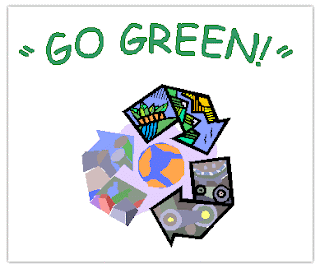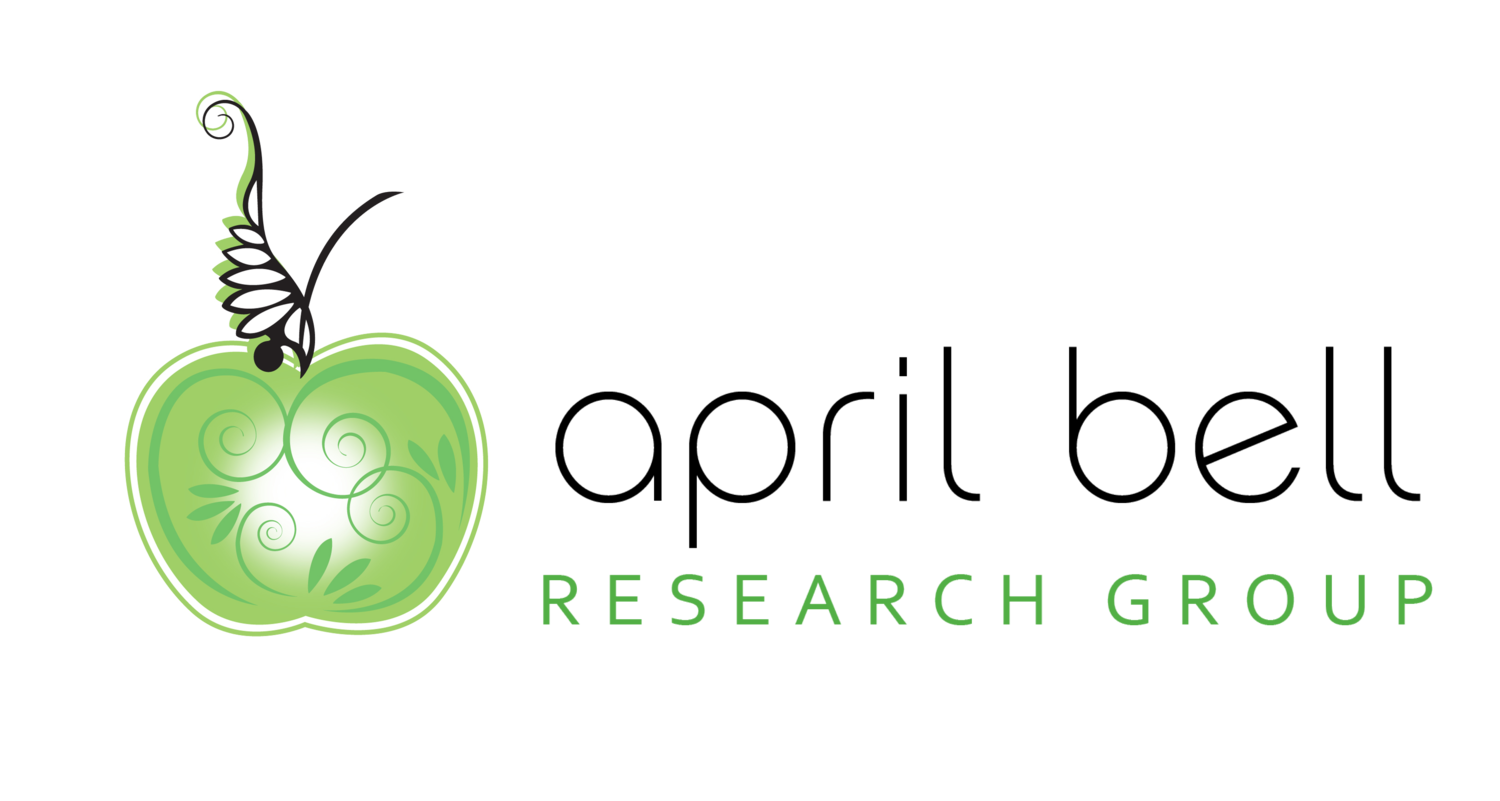
What is it about the word “organic” written on the label of a product that makes me automatically want to buy it? For sometime, it’s been trendy to “go green”, but it seems as though now it’s going from trend to becoming a way of life for more and more people.
One would think that in the midst of a recession, people would be more concerned with “cheap”, but not the case. According to a study issued by Green Seal and EnviroMedia Social Marketing, four out of five consumers are still claiming to buy green products, and 82% of consumers are buying green despite battered economy.
Let’s face it, it’s popular to be “organic” and “sustainable”, and companies need to jump on the bandwagon that voices the environmental benefits of their products. Trendwatching.com calls it “eco-bounty”, which refers to the numerous opportunities, both short and long term, for brands that participate in the epic quest for a sustainable society. Some of these opportunities exist despite the current recession, others are fueled by it, not in the least because of new rules and regulations. Downturn-obsessed brands who lose their eco-focus will find themselves left out in the cold when the global economy starts recovering.
Even Apple is jumping on the green wagon, because it knows that most of it’s consumers are progressive, socially-minded individuals. They released the “A Greener Apple” statement to voice concerns and their stance on creating environmentally-sustainable products.
The study also claims that one in ten consumers blindly trust green product claims, so basically one in ten buys the green label because it makes them feel good. But those other nine, want to know that what they claim is actually true.
I’ll admit that all the hype surrounding the “go green” movement has seeped into my buying decisions as well. I purchase energy-saving light bulbs, shop with reusable grocery bags, recycle when I can and am often drawn to products that read “all natural, organic or sustainable”.
There is a lot of opportunity for companies to leverage the environmental benefits of their products to their consumers, because the more people hear about the importance of sustainability, the more they are going to live that way.

